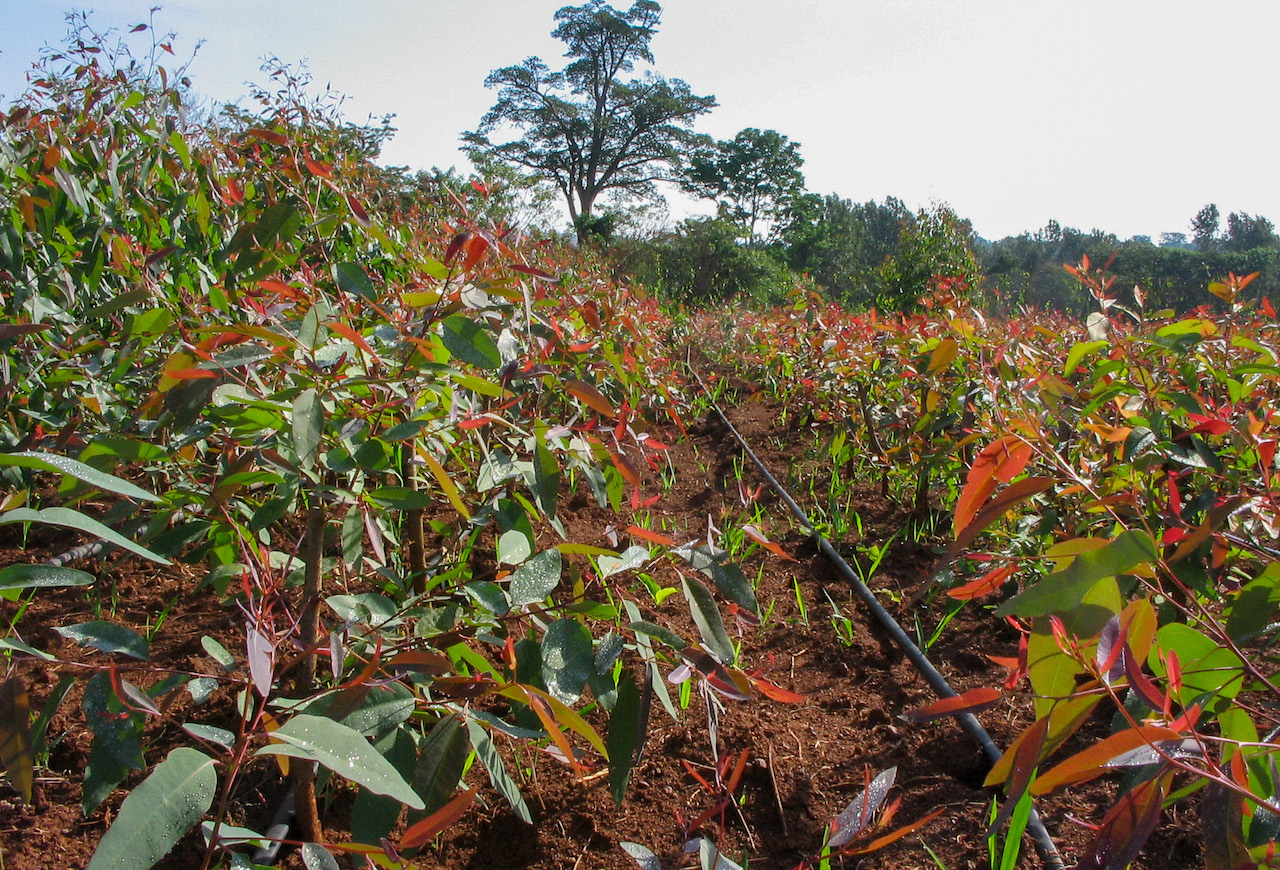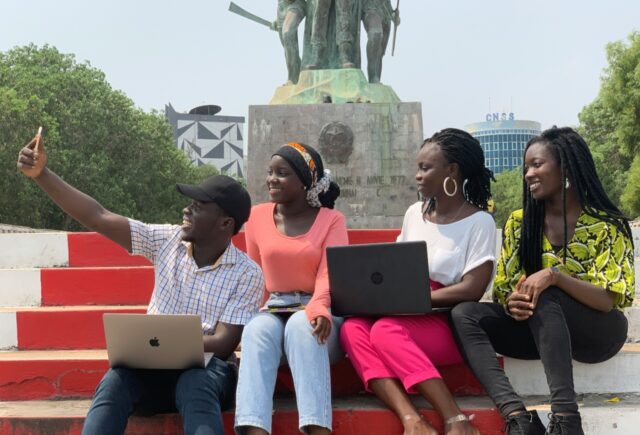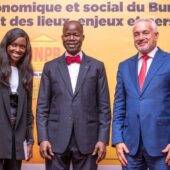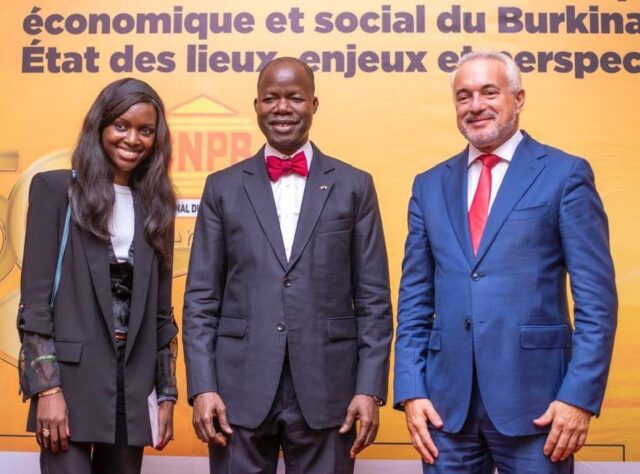The project seeks to increase agricultural output in one of Africa’s poorer countries by increasing supply of green ammonia to make fertilisers more widely available.

Norfund, the Norwegian investment fund for developing countries, is co-financing a project based on green hydrogen to boost Uganda’s domestic fertiliser production, which is being developed by an arm of the Aga Khan Fund for Economic Development (AKFED) and energy firm Westgass Internasjonal.
The project will provide 200,000 tons of fertiliser a year to boost agricultural yields and food security in Uganda, where fertiliser use is less than 20% of the sub-Saharan average, and where most of what is used comes from expensive imports.
The plant will be built under a joint development agreement signed by the Ugandan government with Westgass and Industrial Promotion Services, which is a Kenyan-based infrastructure development arm of AKFED.
Norfund said it was initially co-financing the project through a convertible loan under its Frontier Facility, which is designed for early-phase investments, but that it plans to invest further as the project progresses. Norwegian development agency Norad is also backing the project with a grant.
Green ammonia
The hydrogen for the project is set to be produced via electrolysis using electricity generated at the nearby Karuma Dam hydropower plant, on the River Nile in central Uganda, which is due to be completed in late 2024. Some 100 megawatts of the power station’s 600MW generating capacity has been allocated to the fertiliser plant.
By using green hydrogen, the plant will produce far fewer greenhouse gas (GHG) emissions than energy-intensive traditional fertiliser plants, most of which use natural gas as part of the process. The hydrogen will be combined with nitrogen produced using an air separation unit to make so-called green ammonia, which is the basis for many types of fertilisers already used in the region.
Job creation
The project is expected to create 300 jobs directly but aims to have a much greater impact on the Uganda people and economy. Tellef Thorleifsson, Nordfund’s CEO, said the combination of industrial expertise and local experience provided by the partners would produce new opportunities that could be scaled up further.
“We see an enormous potential in increasing the yields of the farmers in the region and thereby providing increased income and food security, without increasing GHG emissions,” he said.
Westgass CEO Kinar Kent said that by establishing local production of sustainable fertiliser, Uganda would stimulate local food production while avoiding emissions equivalent to over 200,000 tons of CO2 per year.
Green hydrogen projects are seen as a potentially important pillar of strategies to enable developing countries in Africa to industrialise while keeping greenhouse gas emissions in check by taking advantage of the continent’s copious renewable energy resources. However the high cost of such projects mean they often struggle to get off the ground without support of development finance institutions.





